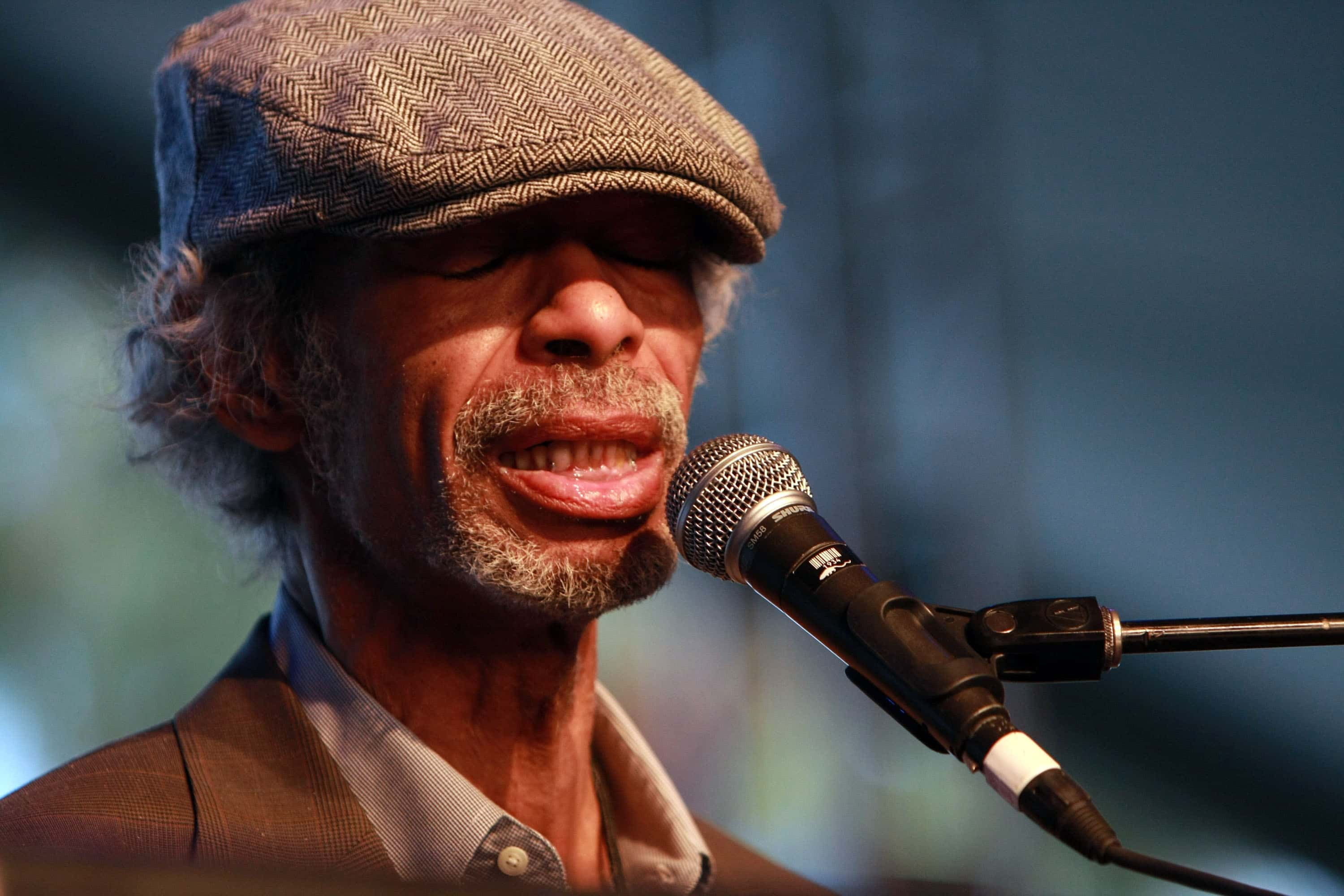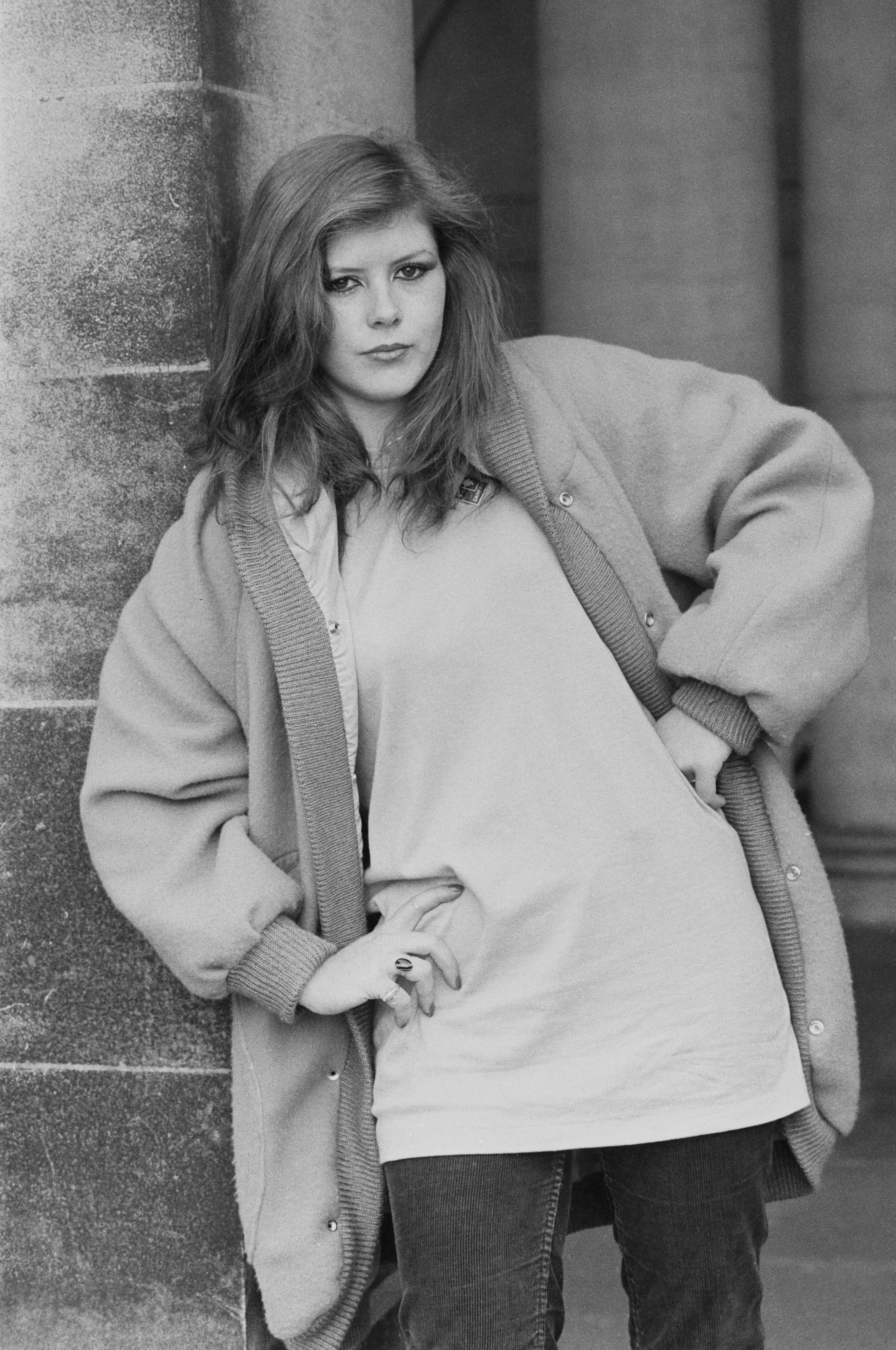Pandemic Playlist: The revolution is upon us! Here are 5 songs that embody revolutionary change

We're deep into the lockdown and the world outside continues to change every day. But despite the ongoing pandemic, groups worldwide are making a stand. And as protests against police brutality and racial violence gain momentum, it's time to look back on artistes who took a stand on equality and community in times of strife. Here are five tracks that remind us of what the revolution has always been about.
Tracy Chapman: 'Talkin' Bout A Revolution'
Despite failing to achieve the same level of local commercial success as its predecessor 'Fast Car', 'Talkin' Bout A Revolution' became a rallying cry for movements taking place worldwide when it released in 1988 and it has continued to be used in similar situations since, including the Tunisian Revolution in 2011, which was a 28-day period of civil resistance, which led to the democratization of the country in addition to sparking revolutions in North Africa and the Middle East, and as an unofficial theme for Bernie Sanders' 2016 presidential campaign.
The second single from Chapman's self-titled debut album, this song's politically-charged message of fighting against corrupt governments has served as an inspiration for protests and civil rallies in the decades since its release. With lyrics like "Poor people gonna rise up / And get their share / Poor people gonna rise up / And take what's theirs," this is a song that highlights who is often at the forefront of a revolution: the poor, the downtrodden, and the ones who have had all they are willing to take.
James Brown: 'Say It Loud - I'm Black And I'm Proud'
Released in 1968, this song came out against the backdrop of the assassinations of Rev Dr Martin Luther King Jr on April 4 and Bobby Kennedy on June 6 right after he announced he has won the Democratic primary in California. It also happened to drop during a time when 'black is beautiful' and the Black Power movements were at their height.
The black community wasn't just in mourning, they were in anguish. So when Brown declared that he was 'Black and Proud' and put out an anthem for black empowerment and self-reliance, he was speaking directly to a community that was ready for change. The song became a symbol of black pride, one that urged black communities to stand up for themselves.
Owing to this, 'Say It Loud - I'm Black And I'm Proud' has often been touted as "the most important soul record" by the likes of Jerry Rushin, while professor Christopher Strain proclaimed, "If James Brown was the Godfather of Soul, he was also the musical expression of the black power movement. Say It Loud, I'm Black and I'm Proud is a landmark, groundbreaking song. The way it was received, James Brown was speaking to African-Americans more than leaders."
Gil Scott-Heron: 'The Revolution Will Not Be Televised'
Heron's poem and song, 'The Revolution Will Not Be Televised', draws its title from a popular slogan among the 1960s Black Power movements in the US. It makes reference to several advertising slogans as examples of what the revolution will not be or do.
Written as a response to The Last Poets' spoken-word piece, 'When the Revolution Comes', Heron's lyrics are less about a socio-political revolution and more about the revolution that "takes place in your mind," highlighting that when a person has decided there is something wrong and they want to effect change, which is when their mental revolution begins. With this song, Heron conveyed an important message — that the revolution can look very different for different people, and it's up to each person to recognize what their role in the fight is. And that by simply making the choice to effect change, one has already established themselves as a revolutionary.
The song's lyrical delivery of sociopolitical messages layered over a funky groove has been credited as influencing the creation of hip-hop. Its core message of the lack of media coverage of issues pertaining to African-American communities juxtaposed with American consumerism, particularly with regards to how large businesses own the media and thus dictate coverage, has become one of the major themes explored by hip-hop artistes since then.

Listen to 'The Revolution Will Not Be Televised' HERE.
Kirsty MacColl: 'Children of the Revolution'
MacColl is often considered to be one of the greatest British artists that not many know about. In 'Children of the Revolution', it's easy to see why.
The song documents the trauma of children that grow up amidst a war, painting images of bombs blowing schools away and of young boys being ripped away from their families by smiling soldiers and pointing to what children in the Middle East face on a regular basis. The song takes no breaks as it recounts each horror levied upon 'children of the revolution', including detailing the arduous journey many take, leaving their war-torn homes behind as they hop on boats in search of better lives, only to be "shot down by a brand new gun" when they finally reach the land of promise. The fact that the song sets these images against a simple, folk-pop tune just augments how horrific this reality truly is.
As the current protests mount, one of the most haunting images to come out of them are young children in tears as they speak about the daily horrors they face, living in fear of being shot every day. As downtrodden communities extend their support to one another, it becomes clear that the issues of police brutality are much larger than one incident. And out of that realization comes the understanding that this is a fight that has been brewing from decades. And the children of the revolution have finally elected to make their pain known.

Listen to 'Children of the Revolution' HERE.
Nina Simone - 'Revolution'
Simone's 'Revolution' was her 'answer song' written in response to a song of the same name from The Beatles released in 1968.
The Beatles' 'Revolution', inspired by political protests in 1968, expressed the group's commitment to social change while also reflecting their aversion to violence, more specifically, the violent tactics being employed by the New Left. Lennon's lyrics weren't viewed favorably by all band members and it proved to be for good reason. The song released to harsh criticism from many who saw it as a betrayal from the band, with many seeing it as a sign that they were disconnected from the ground reality of the cause. Lennon, bitter about the criticism he received, responded by espousing the need for a Maoist revolution and released tracks like the 1971 'Power to the People' to share his views. He later backtracked on his words, however, once again reaffirming his pacifist beliefs in the '80s.
Simone's 'Revolution' was a variation of The Beatles track that reflected the views of someone actively involved in revolutionary struggle, and where the Beatles seemingly opposed revolutionary change Simone actively advocated for it. And where The Beatles' song reflected their position of privilege, Simone's rendition reflected her commitment to overthrowing the corrupt and powerful and establishing a society that was based in equality and freedom all told through the lens of a civil rights activist who experienced, firsthand, the struggles of oppression.
Pandemic Playlist is a daily list of songs that will keep you entertained instead of feeling drained while you're isolated at home. Look out for a fresh selection of great tunes from MEA WorldWide (MEAWW) to refresh your mood every day.










